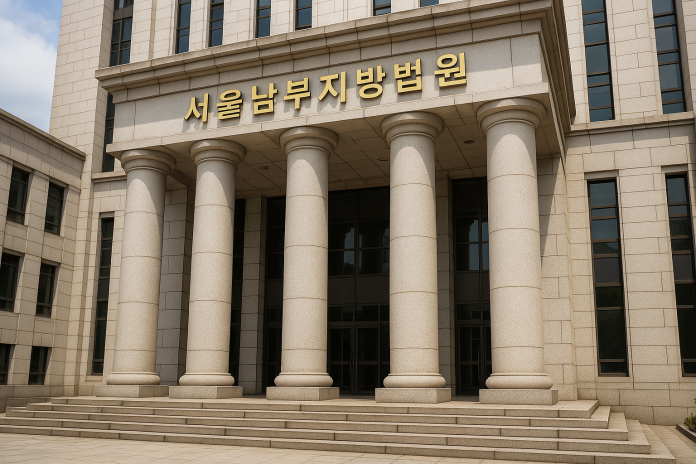
A series of violent incidents involving angry investors have rocked South Korea’s cryptocurrency sector, highlighting the emotional toll of massive financial losses. Executives of two collapsed crypto lending platforms—Delio and Haru Invest—were attacked by investors, one at his home and the other inside a courtroom. The events reflect the deep frustration and despair of investors who have lost billions of won.
In March 2025, Jeong Sang-ho, CEO of Delio, which halted deposits and withdrawals in 2023 and entered bankruptcy proceedings, was assaulted at his home by an investor. The assailant, who had entrusted Delio with approximately 87 BTC (₩10.9 billion) and 190 ETH (₩500 million), said he had received no response to inquiries about asset recovery. The incident escalated into a physical confrontation, and the investor was later fined ₩1.5 million by the Seoul Northern District Prosecutors’ Office on March 19, 2025. While handled as a summary offense, the case remains open to appeal.
A more extreme incident occurred in August 2024 involving Haru Invest CEO Lee Hyung-soo. Haru, which also ceased withdrawals and declared bankruptcy in 2023, left investor Kang (51) with a loss of 100 BTC, estimated at ₩6.3 billion. Reportedly enraged by Lee’s denial of wrongdoing during multiple court hearings, Kang smuggled a 20cm knife into the courtroom and stabbed Lee multiple times during a hearing at the Seoul Southern District Court. Although the victim survived, Kang was indicted for attempted murder and, on April 4, 2025, was sentenced to five years in prison. The court emphasized the gravity of the act, citing the breach of public trust and the integrity of the legal system, and rejected any justification based on personal grievance.

Both incidents underscore a growing pattern: investors, devastated by the collapse of unregulated platforms promising returns of up to 16%, have resorted to violence in the absence of legal recourse. Delio and Haru operated without full regulatory oversight, exposing glaring weaknesses in investor protection.
In response, the South Korean government is ramping up crackdowns on unregistered foreign exchanges and reviewing measures to block access to non-compliant platforms under the Virtual Asset Service Provider (VASP) regime. Agencies like the Financial Intelligence Unit (FIU) and the Korea Communications Standards Commission (KCSC) are pursuing regulatory reform alongside enhanced monitoring.
These events are not isolated crimes but symptomatic of a broader regulatory vacuum in the crypto market. The failure of these platforms has left many investors vulnerable, underscoring the urgent need for investor protection frameworks and stronger oversight. Public demand is growing for swift legal and policy responses to prevent further tragedies fueled by desperation and financial loss.






